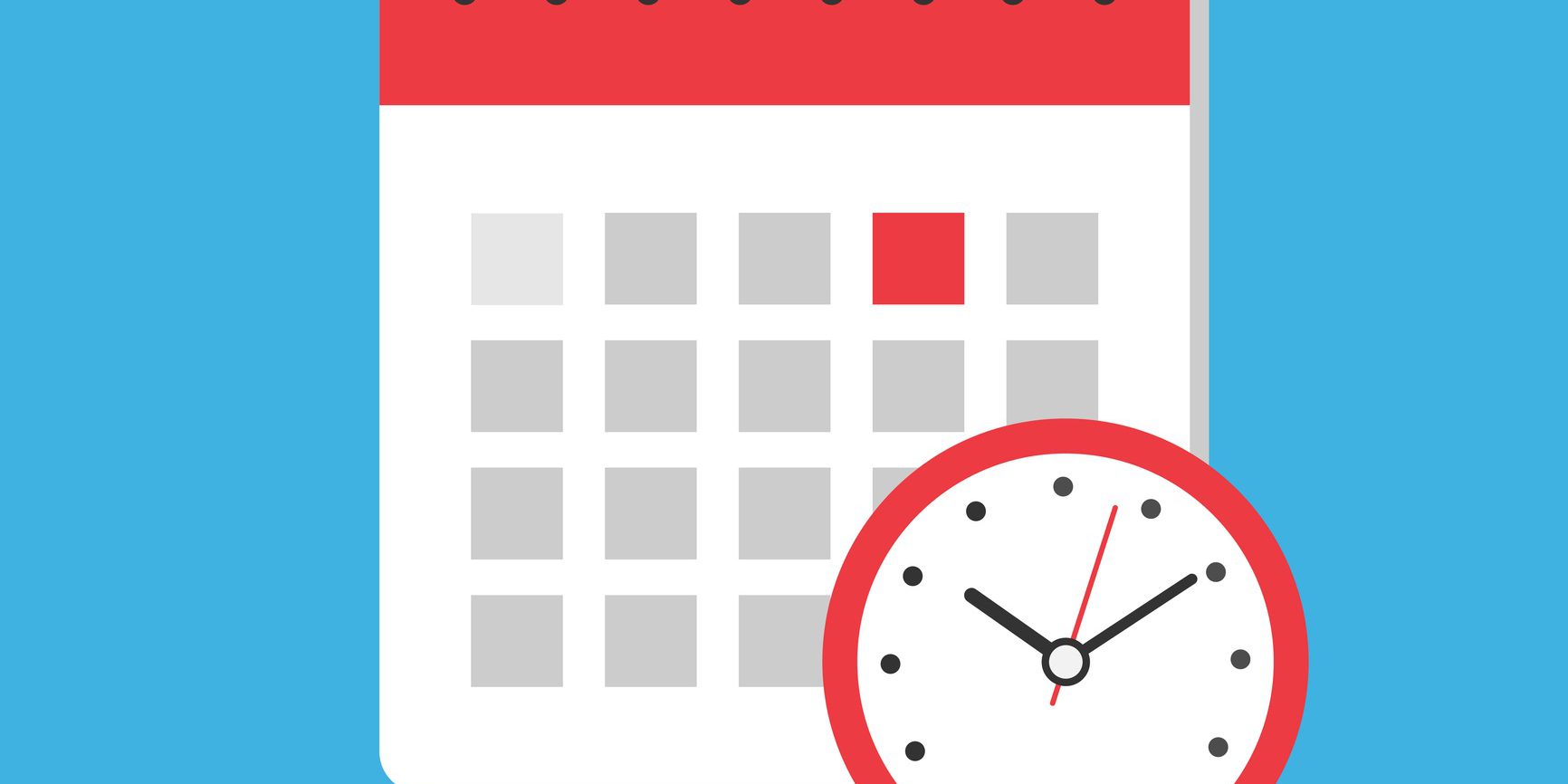HM Revenue and Customs have just announced that they are waiving late filing penalties and late payment penalties for Self-Assessment taxpayers for a unique one-month period only.
These reprieves are a temporary departure from previous years’ 5% late payment penalty fee, which was charged on any unpaid tax that was still outstanding as of 3rd March.
These penalty waivers are designed to give taxpayers (who need it), more time to complete and file their Return online and pay the subsequent tax due without worrying about receiving a penalty.
Please note these adjustments are for penalties only — the deadline for Tax Return submission and tax due payment remains as 31st January 2022. You will not receive a late filing penalty if submitted before 28th February 2022, but late payment interest will be applicable from 1st February 2022. Therefore, it is better to plan for Tax Return submission and tax payment to occur timeously and in line with the usual due HM Revenue & Customs deadlines.
HM Revenue & Customs have granted these penalty waivers in empathy of taxpayers having experienced a difficult time during the COVID-19 pandemic. Additional to this is the acknowledgement that the 2021 self-assessment Tax Returns are likely to be more complex due to the SEISS Grants that were claimed during this reporting tax year.
The key points to be aware of are:
- Anyone who cannot file their Tax Return by the 31st January 2022 deadline will not receive a late filing penalty if they file online by 28th February 2022.
- It is important to note the payment deadline for self-assessment remains as 31st January 2022 and that interest will be charged from 1st February 2022 on any amounts outstanding.
- Anyone who cannot pay their self-assessment tax by the 31st January 2022 deadline will not receive a late payment penalty if they pay their tax in full — or alternatively set-up a ‘Time to Pay Arrangement’ with HM Revenue & Customs by Midnight 1st April 2022.
The existing ‘Time to Pay Arrangement’ service allows any individual or business who is struggling to pay their tax due, the option to spread their tax payments over time. Self-assessment taxpayers with up to £30,000 of tax debt can do this online, but only once they have filed their Tax Return.
Interest and Payment Plans — Deadline Dates
|
31st January 2022 |
Self-Assessment deadline (filing and payment). |
|
1st February 2022 |
Interest starts to accrue on any outstanding tax bills. |
|
28th February 2022 |
Last date to file any late Tax Return online. File by this date to avoid attracting a late filing penalty. |
|
1st April 2022 |
Last date to pay any outstanding tax or make a ‘Time to Pay Arrangement’ directly with HM Revenue & Customs. Action these steps by this date to avoid incurring a late payment penalty. |
|
1st April 2022 |
Last date to set-up a self-serve ‘Time to Pay Arrangement’ online with HM Revenue & Customs. |
Please remember, there is no change to the filing or payment deadline and other obligations are not subject to any alterations.
This means that:
- Interest will be charged on any late payment. The late payment interest rate currently stands at 2.75%.
- A Tax Return received online in February 2022 will be treated as a late submission, with a valid reason for the late submission applied. Thereby this triggers the automatic ‘no penalty’ criteria.
With the above in place, the following stipulations are active and are worth keeping in mind:
- There will be an extended HM Revenue & Customs enquiry timeframe in place.
- Tax Returns filed after 28th February 2022 will be applicable to other late filing penalties, such as the daily penalties from 3-months, 6-months and 12-months points will apply as per usual HM Revenue & Customs practice.
- 5% late payment penalty will be charged if tax remains outstanding — and a ‘Time to Pay Arrangement’ has not been set-up — by midnight on 1st April 2022. Further late payment penalties will be charged at the usual 6-month and 12-month points (August 2022 and February 2023 respectively) on tax outstanding where such a payment plan has not been arranged.
Phishing and Security
HM Revenue & Customs are sensitive to the fact that fraudsters operate at this time of tax processing, and urges everyone to remain on-guard to any devious intent. Therefore, if you are contacted by anyone asking for your bank details, personal information or demanding payment be cautious. End the phone call and call HM Revenue & Customs yourself using a telephone number printed on one of their official letters. WHA understands that calling HM Revenue & Customs can be a frustrating experience, but this option is far better than falling foul of fraudsters… remember, better safe than sorry.
Fraudsters do not only make telephone calls; they can contact you using emails, letters or text messages.
If in any doubt, HM Revenue & Customs advises not to reply directly to anything suspicious, but to contact them straight away. Additionally, you can do a web search on GOV.UK website and type in their search bar ‘HMRC scams’, this highlights a list of recently known scam tactics.
WHA is also happy to work to keep you safe, so please feel free to call our office (020 8878 8383 or contact your accountant directly) to query any questionable contact you may receive.
As always, if you should have any questions or concerns, please contact WHA.









